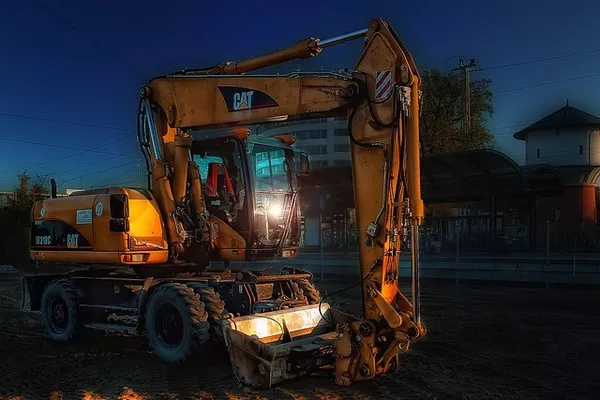A person suspected of making bomb threats involving robot food delivery services at Oregon State University’s Corvallis campus has been apprehended, university officials announced.
The incident began with an urgent alert posted on social media platform X (formerly known as Twitter) by university officials during lunchtime, warning of a bomb threat targeting Starship food delivery robots on campus.
The alert stated, “Do not open robots,” and advised people to “avoid all robots until further notice.” Public safety officials at the Corvallis campus immediately responded to the situation.
Approximately an hour later, the university provided an update, stating that the robots had been secured in a safe location, and technicians were conducting investigations. Just 15 minutes after that, a follow-up announcement declared, “All Clear.” The message read, “You may now resume normal activities. Robot inspection continues in a safe location.”
Later in the afternoon, the university’s Department of Public Safety revealed that a suspect believed to be responsible for the threat had been arrested after a thorough investigation. The statement did not disclose whether the person was a student and did not release their name.
San Francisco-based Starship Technologies, the manufacturer of the delivery robots, also weighed in on the situation. The company disclosed in an email that a student at Oregon State had made a bomb threat through social media, involving the campus robots. According to the company, the student later claimed it was a joke and a prank, but as a precaution, Starship had temporarily suspended its robot food delivery service while cooperating with the ongoing investigation.
Starship Technologies has been providing robot food delivery services to the university’s housing and dining facilities since 2020. Around 75 robots are used to deliver food orders to people on campus. After completing a delivery, the robots return for sanitization and preparation for the next order.
Starship Technologies recently reported that its robots are operational on nearly 50 college campuses across the United States, serving more than one million students.

